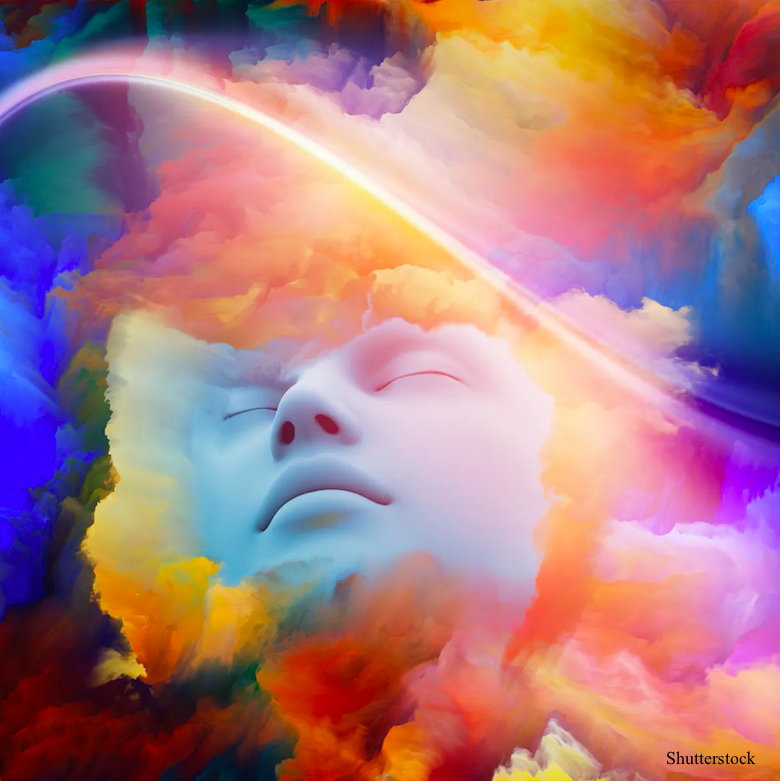Dreams are usually vivid experiences that take us into an adventure land, away from our everyday reality. However, they really are not a complete escape. Dreams are heavily influenced by people’s surroundings, goals and fears, and even old memories. Each night, during your sleep, the brain goes through five different phases at about 90 minute intervals: light sleep, deep sleep, rapid eye movement (REM), deep sleep and back to light sleep. People usually dream during REM, when their bodies are deepest into their subconscious, and experience a paralysis of voluntary muscles so that, while sleeping, people do not act out and respond physically to the dream. There are certainly exceptions, but most commonly they are not observed. This article will discuss what dreams are, how they vary depending on certain factors, and why we forget dreams.
Dreams are the most studied cognitive state. There are many theories regarding the underlying messages behind dreams, however, a common one being that dreams are a mixture of the subconscious and conscious states. Dreams occur involuntarily during REM because brain activity is high, resembling the state of being awake and creating the images, ideas, emotions, sensations and experiences associated with dreaming.
Certain determining factors make people dream differently, some of which are age, gender, experiences, stress levels and sleep schedule. After multiple studies, researchers concluded that about 12% of people nowadays dream in black and white. Of those people, over the age of 25 are more likely to dream in black and white. In old study from the 1940s, it was determined that people rarely dreamed in color. A possible factor is the development of technology and the internet, since people majorly dream in color nowadays. A different study, which observed men and women separately, showed how men most commonly had dreams related to violence and physical exertion, while women dreamed about calmer topics . Stress causes people to either dream more or completely skip that part. Even though it is rare to not dream at all, during highly stressful situations people stop dreaming as much, and once they resume to their calmer schedules they start dreaming again. However, sleep schedules have an even larger impact. Studies show that when people lack sleep or have had restless nights, they are more likely to have detailed and vivid dreams, due to the increased brain activity during REM.
Deep within the REM stage one is more likely to forget one’s dreams. According to Dr. Alex Dimitrius (double board-certified in psychiatry and sleep medicine and founder of Menlo Park Psychiatry & Sleep Medicine), “the dream activity can be so real and intense that our brains actually hide, or mask away the dream, so [it doesn’t] get lost between our waking experience, and our dream lives. Thus it is normal to forget dreams, most of the time.” Furthermore, he claims that all people dream, as it is an “essential function for the human species”. On the contrary, increased brain activity could also lead people to remember more parts of their dreams. “There’s a region in your brain called the temporoparietal junction, which processes information and emotions. This region can also put you in a state of intra-sleep wakefulness, which, in turn, allows your brain to encode and remember dreams better,” stated Julie Lambert (certified sleep expert) in an article for Healthline. In a study in the Neuropsychopharmacology Journal, specialists showed how people with more activity in the temporoparietal junction could recall more parts of their dreams than those who did not have the increased activity. Although all of these sources are experts in their fields of study, there is still doubt shown within, due to the uncertainty of their experiments, since there is no proof of the role of dreams and are difficult to access within the brain. People may dream everyday, but they are certainly different, with a wide variety, and hugely impacted by stimuli within daily life. Despite all the scientific data and research, one fact is sure: we all dream and in that world, nice things happen… so, keep on dreaming!

